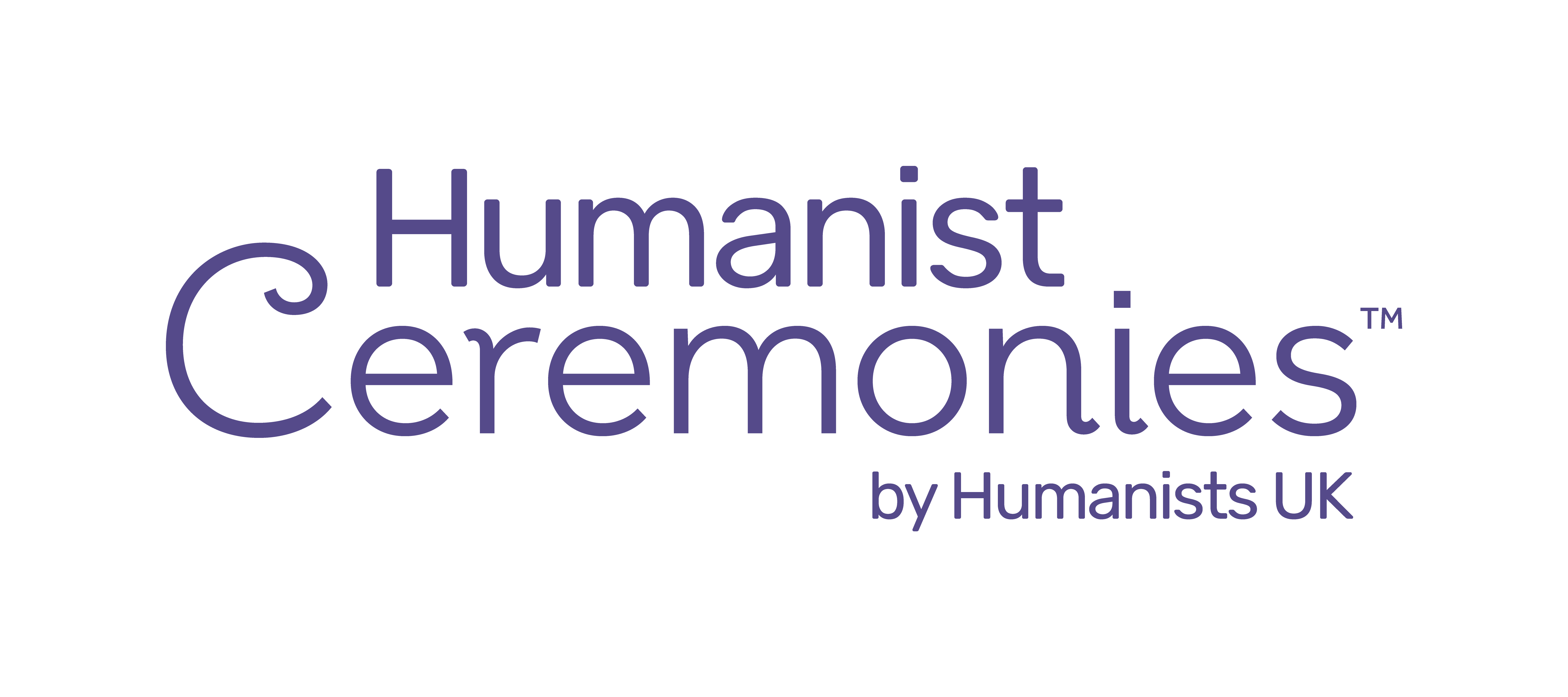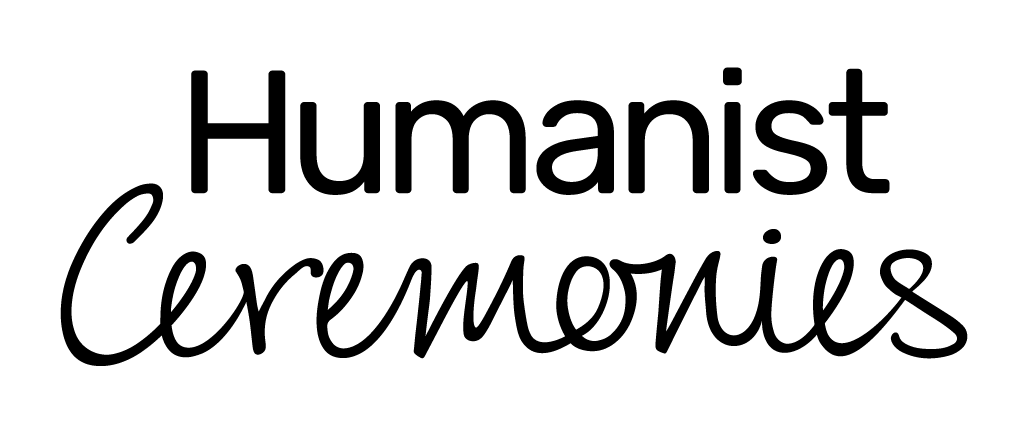Funerals
Why choose a Humanist funeral?
Humanism is a simple philosophy of life, based on a concern for humanity and the natural world. It means accepting responsibility for our own lives, while recognising our responsibility to those around us. Humanism is led by evidence and reason, rather than belief in a God or prophet.
A humanist ceremony focuses on the person who’s died and the life they lived, and the impact they have had on those around them. You don’t need to identify either yourself or the person who’s died as a humanist, in order to have a humanist ceremony!
Humanist ceremonies are inclusive of everyone, so anyone who does have a religious belief will feel welcome at a humanist ceremony. I usually include a few minutes for quiet reflection, during which time anyone with a personal faith can say a silent prayer, if they wish.
Planning a funeral or memorial event
A ceremony can take place in a range of settings, such as a crematorium, a traditional burial site, a woodlands burial place or (for memorial events) any suitable venue.
Although there are no rules about what can be included in a funeral ceremony, there is often a basic structure along the lines of
- welcome to all attending
- a few words about the choice of a humanist ceremony
- some thoughts about life and death
- the tribute reflecting the life and personality of the person who’s died
- a few minutes for private thoughts and reflection
- the committal, or final goodbye
- closing words, thanks and information about donations to charity, refreshments etc.
As a celebrant I will
- phone you promptly following a request or enquiry about a ceremony
- meet with you, and others closely involved if you wish, at your home or another suitable place, for a detailed discussion about the life of the person who has died. If you prefer, we can use FaceTime or have a video conference; meeting on Zoom allows me to meet several family members living at different locations at the same time, and is very useful when planning a funeral.
- talk with you about readings, poems and music to include at the service; I can make suggestions if you want
- I’ll then prepare a draft script, and e mail it to you for your agreement and any amendments before the ceremony
- attend and lead the ceremony on the day, supporting contributions from relatives and close friends as agreed in advance
- give you a presentation copy of the script following the ceremony.
Throughout my involvement I’ll liaise closely with the Funeral Director (if one is involved), and with the staff at the place where the ceremony takes place, to make sure that everything goes smoothly on the day.
Many families choose to have a “direct” (unattended) cremation followed by a memorial event, and/or scattering of ashes at a later date. I’m happy to advise on this, and all other options which help you to plan a personal farewell for your loved one.

